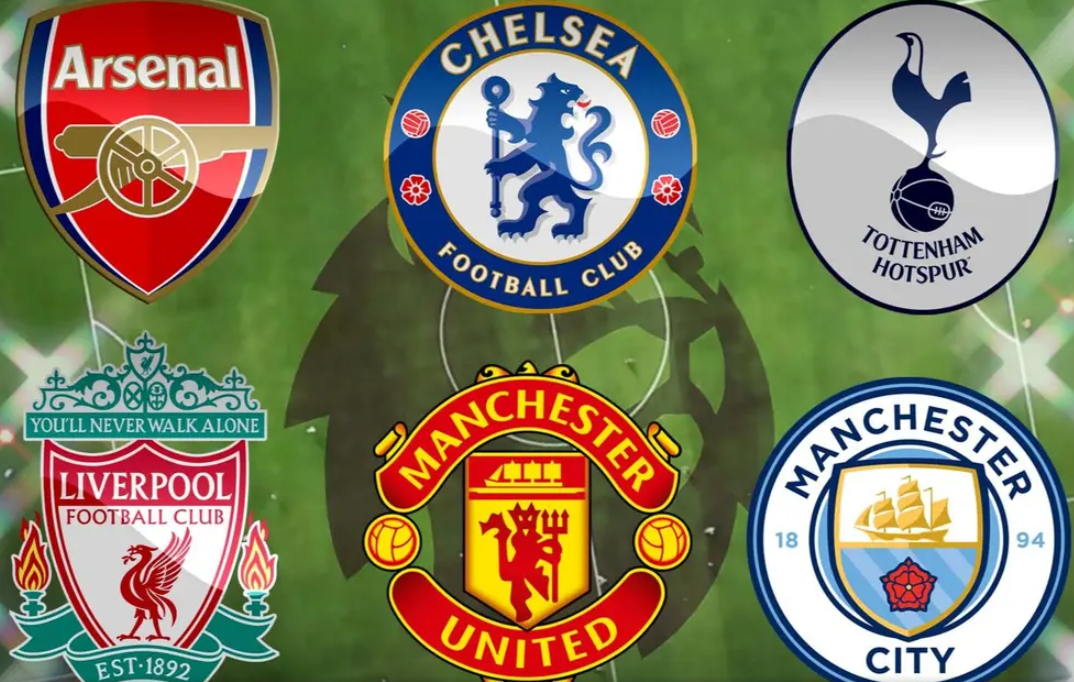
The American banking giant JPMorgan Chase has made European football fans angry by agreeing to finance the Super League.
Some of Europe’s biggest clubs have decided to launch a breakaway Super League, despite the threat of an international ban for them and their players.

Access deeper industry intelligence
Experience unmatched clarity with a single platform that combines unique data, AI, and human expertise.
The move sets up a rival to UEFA’s established Champions League competition and has been condemned by football authorities and political leaders.
The European Super League is a new competition involving 20 clubs – with 15 permanent ones, called the “founding clubs” – and five guest teams who will be selected for involvement each season based on the results of their previous domestic seasons.
The teams are a dozen top clubs from England, Italy and Spain that have decided to form their own separate competition.
The notion of a closed continental competition featuring a set group of teams has been explored before, but the seriousness of this proposal was underlined by more than $4bn in financing from JPMorgan.

US Tariffs are shifting - will you react or anticipate?
Don’t let policy changes catch you off guard. Stay proactive with real-time data and expert analysis.
By GlobalDataThe bank’s role has made it a target for a storm of criticism.
Football’s organising bodies and domestic leagues, European heads of state, former players and supporter groups of the clubs involved were among those speaking out against the plan.
Concerns about another foreign takeover
A theme of the ire from fans in Britain, in particular, was that the move represented another step in the foreign takeover of the game, especially by American interests.
The Wall Street bank will lend to clubs controlled by American owners, like Arsenal, Liverpool and Manchester United — three of the six English clubs that are founding members of the proposed league.
The competition would largely do away with promotion and relegation based on performance, making it more like American sports leagues: With a US-based bank in the background, it “smacks of the NFL template,” said one British commentator.
The billionaire behind the scene
That said, the prime mover behind the proposal isn’t an American but Florentino Pérez, the billionaire president of Real Madrid who has proposed a version of the Super League before, according to a person with knowledge of the matter who spoke on condition of anonymity.
Mr. Pérez previously relied on JPMorgan to help finance a renovation of his club’s stadium.
The Super League’s backers have already filed motions in multiple courts to challenge any attempts to stop the project.
Other than its size, the actual financing of the league may not be overly complicated, because it is similar to debt raises arranged by American sports leagues, the person briefed on the matter said.
The bank is probably betting that lending to a new competition featuring top football teams will prove lucrative — assuming it gets off the ground.
Who is in the Super League?
The Super League has 12 founding clubs: six from the Premier League (Arsenal, Chelsea, Liverpool, Manchester City, Manchester United and Tottenham); three from La Liga (Real Madrid, Barcelona, Atletico Madrid); and three from Serie A (Inter, Juventus, AC Milan).
In the Super League official statement, however, they detailed that three other clubs are set to be included in the group of the founders. The clubs will be announced in due course.
It is believed that Paris Saint-Germain, Bayern and Borussia Dortmund have been approached, though Bayern Munich and Borussia Dortmund have already rejected the invitation to join.
The 15 permanent clubs would be immune to relegation and therefore guaranteed spots in the Super League permanently.







